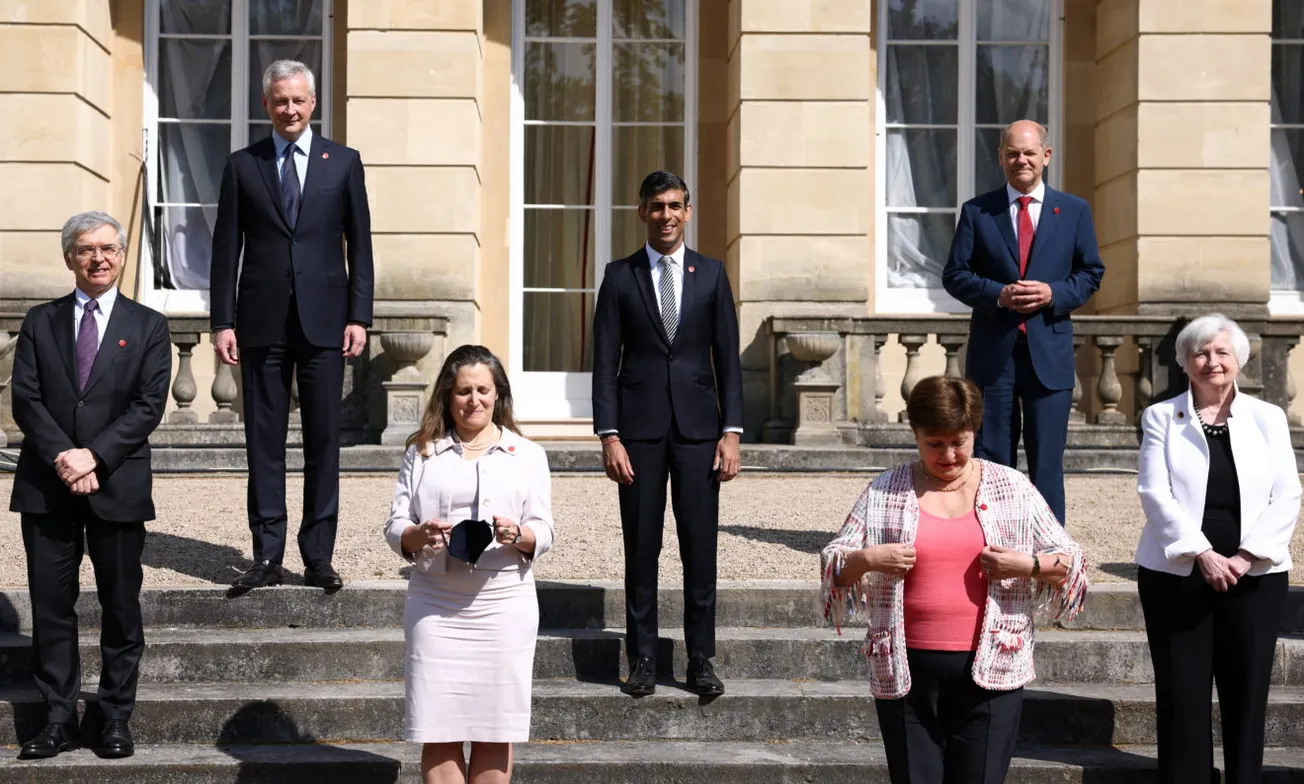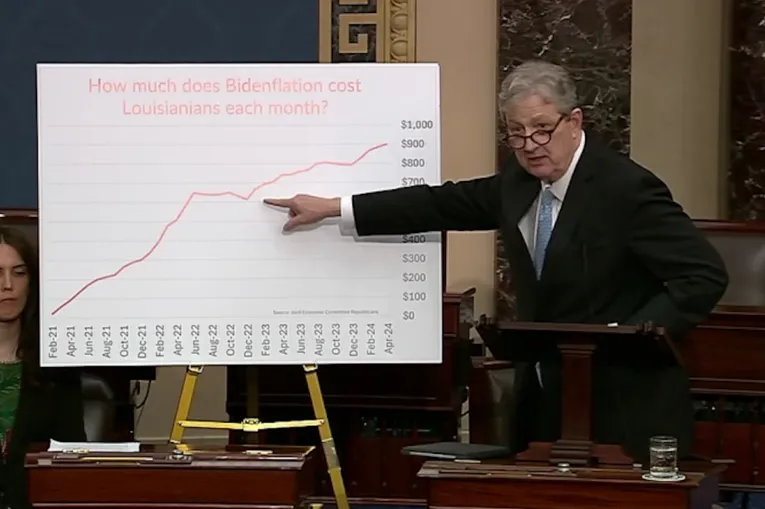The proposal for a global minimum corporate income tax of 15% recently got backing from 130 countries. The accord comes after four years of intense negotiations amongst world leaders.
Companies and corporations seek to maximize profits; that's their goal. Businesses have long exploited tax havens – offshore countries with low tax rates – often eroding the countries' tax revenues where they are based or operate.
As more businesses shift online and political borders or tax jurisdictions do not restrict digital services, it has become necessary to update the rules. The global tax "would force technology giants like Amazon and Facebook and other big global businesses to pay taxes in countries where their goods or services are sold, even if they have no physical presence there."
Global Tax
There are two prongs or "two pillars" to this tax strategy.
Under one, the largest multinationals will have to pay taxes in countries where they operate or sell their services and goods – not only in the country where they are registered. The second pillar imposes a 15% global minimum corporation tax, thereby doing away with tax-havens.
When this comes into effect in 2023, large multinational corporations will find their powers to evade, reduce, or negotiate tax structures considerably curtailed. Conservative estimates suggest that the new global corporate tax will raise an additional $50 billion-$150 billion in revenues.
The details of the global corporate tax are still being ironed out. Taxing multinational enterprises that conduct various businesses in different countries with differing laws is not a simple task.
Some, like Google and Facebook, are said to have welcomed the move. Probably because they fear a digital service tax would have been steeper.
Others have raised many concerns. Some fear that internet and cloud-based companies will end up paying multiple taxes on the same income. Besides, the new tax structure could affect smaller businesses and start-ups.
Others have questioned how the tax will be implemented and if there will be an international body to oversee its rollout. As yet, there is a lack of clarity on where the two pillars overlap and where they diverge.
Above all, the proposed global corporate tax primarily targets business-to-consumers transactions. It could likely mean that the consumers may end up paying higher prices even on the internet marketplace.
A late June/early July survey conducted by TIPP Poll found that less than half support the proposed global tax. Larry Kudlow, the former Chief of the National Economic Council under President Trump, collaborated with the latest TIPP Poll to gauge Americans' opinion of global taxes.
Larry Kudlow's presentation of the results on his Fox Business television show can be viewed here. Additionally, his column from the New York Sun is available here.
We asked over 1400 Americans, "Do you support or oppose the idea of global taxes on multinational corporations proposed by multilateral organizations such as the G7 and G20?"









